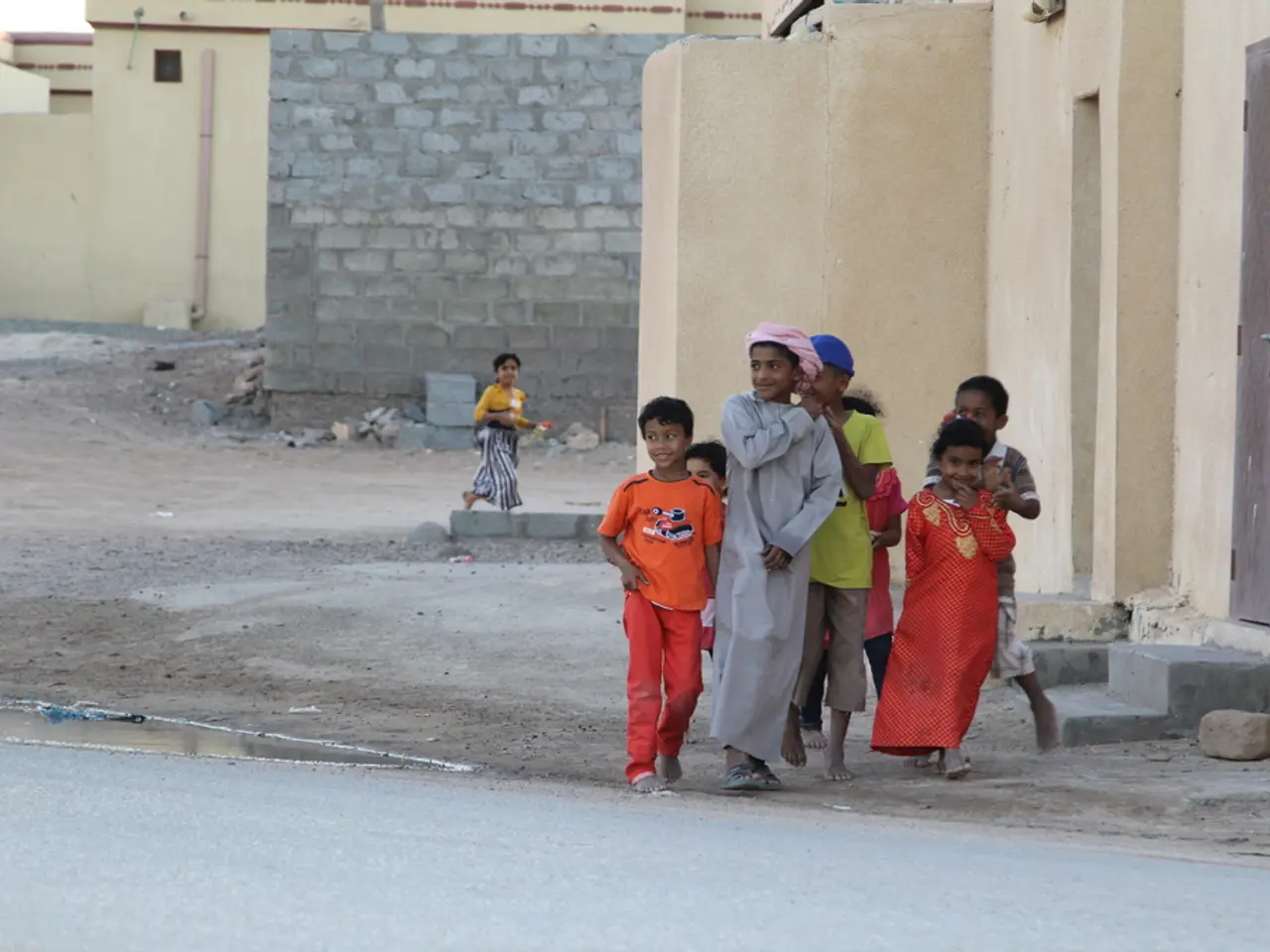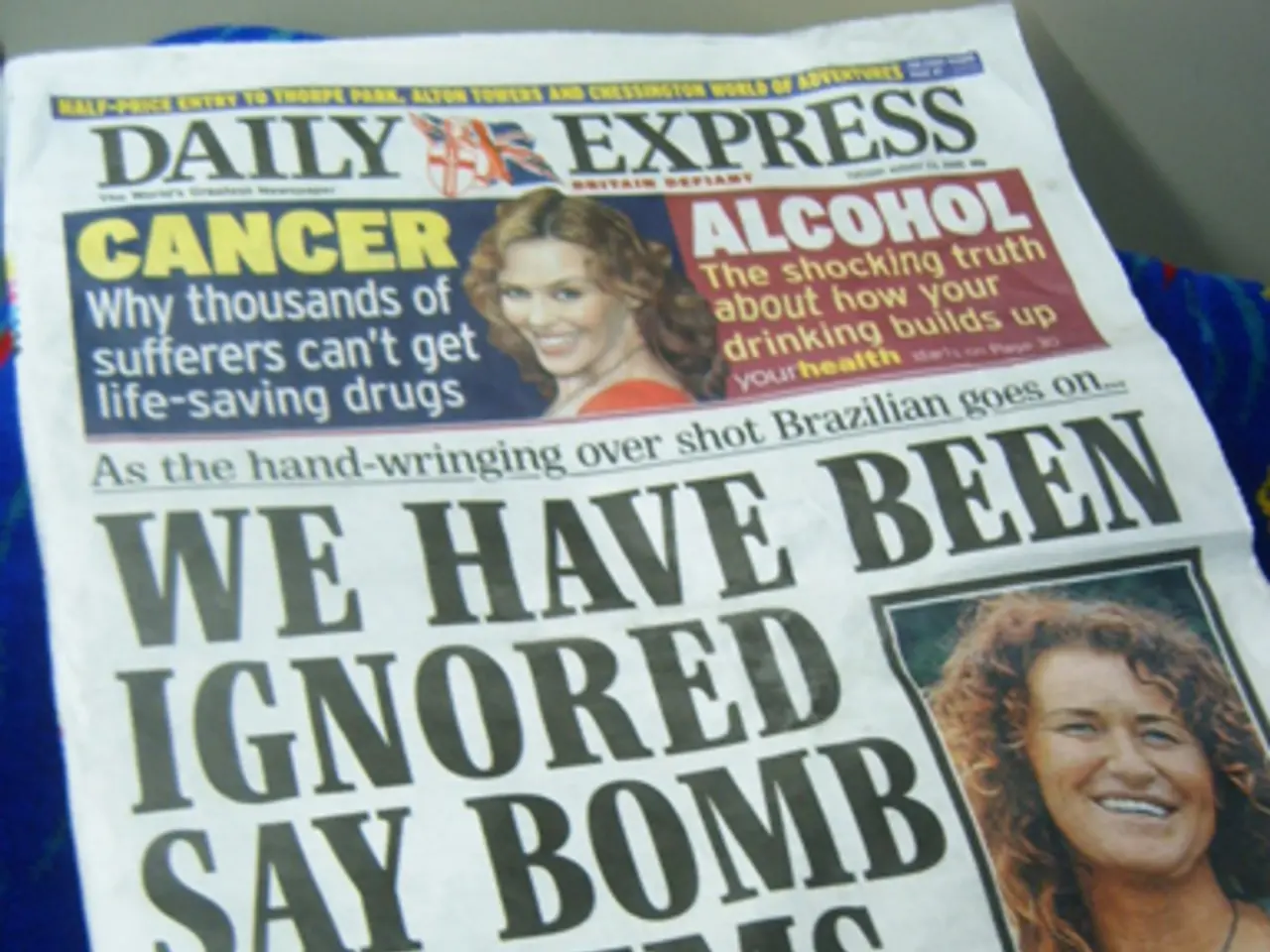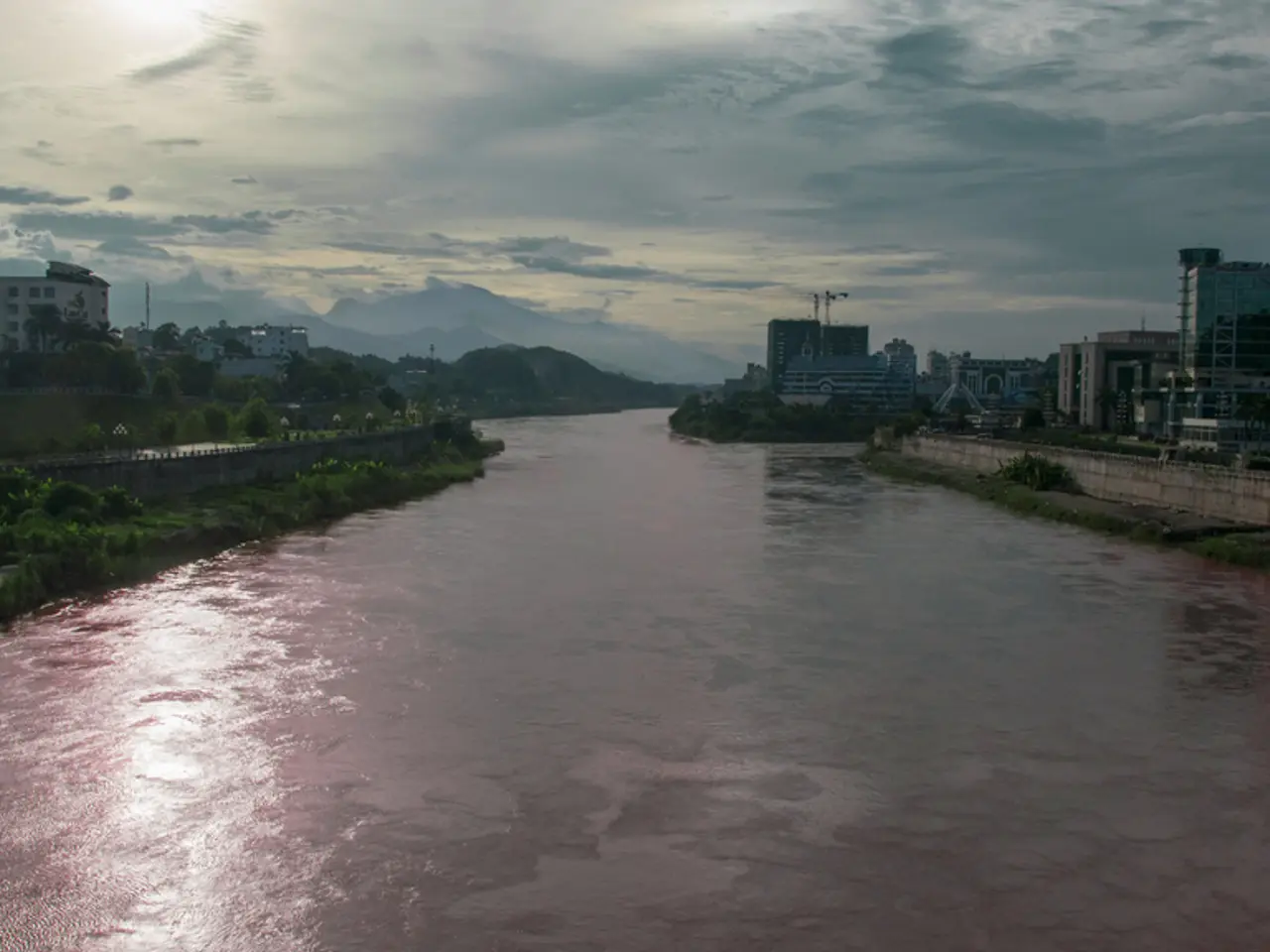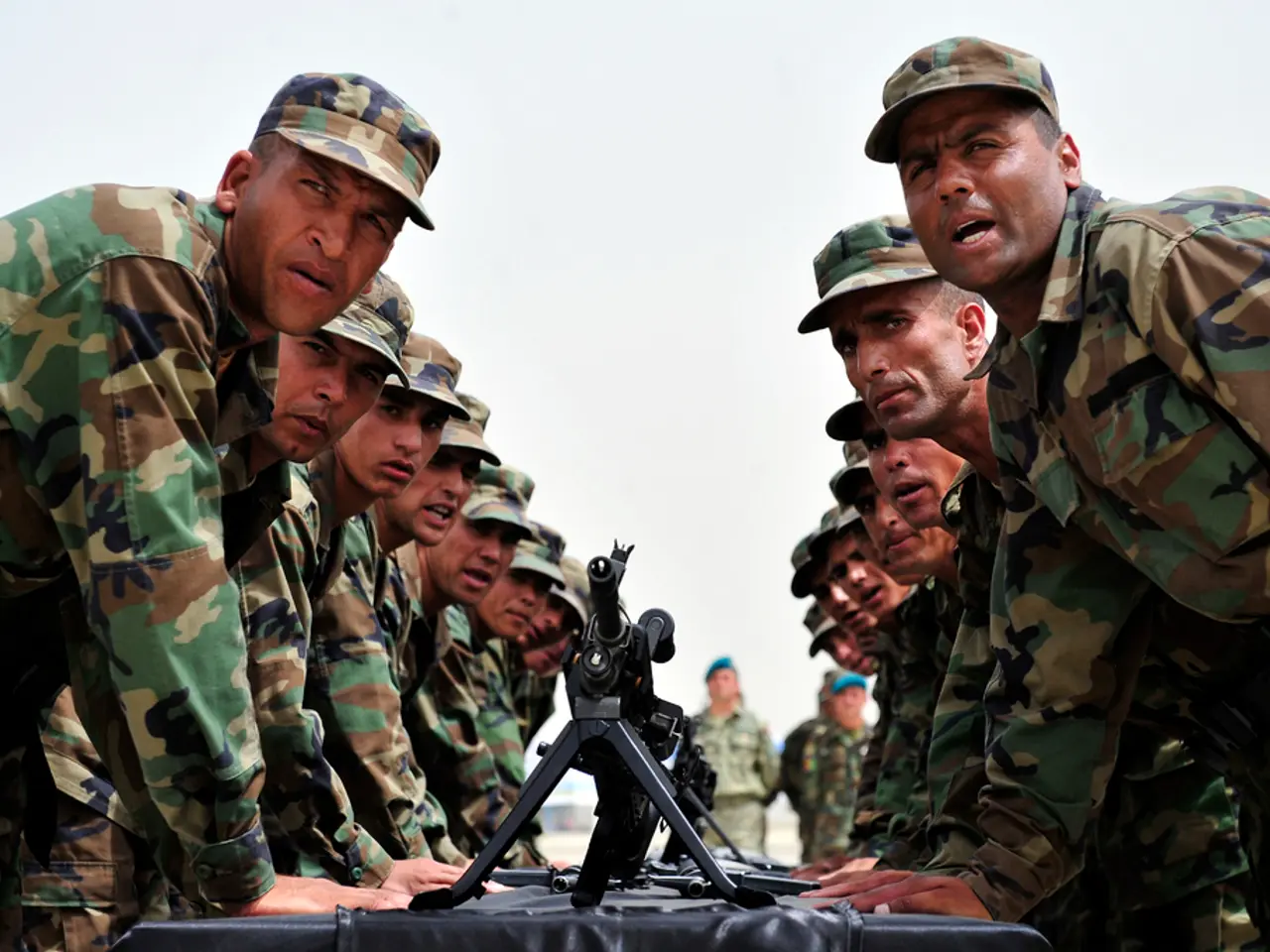Netanyahu Communicates with Trump and Negotiation Team in Doha
As of early July 2025, the Israel-Hamas ceasefire talks are ongoing but face significant challenges. Indirect negotiations resumed in Doha, Qatar, with Israel sending a negotiating team while Israeli airstrikes continued in Gaza.
Israeli President Isaac Herzog has urged Prime Minister Benjamin Netanyahu to reach an agreement, even if it comes at a cost, but Netanyahu has rejected changes proposed by Hamas to a U.S.-backed ceasefire deal. Hamas insists on guarantees for a permanent end to hostilities in exchange for the release of hostages, while Netanyahu considers these demands "unacceptable."
On the Gaza front, the IDF has been vigorously attacking targets of the Houthi regime, with raids causing ongoing casualties and destruction. In the last 24 hours, hospitals in Gaza have received 80 dead and 304 injured. The attack on Gaza comes amidst ongoing indirect talks in Doha, Qatar regarding the Gaza ceasefire.
Meanwhile, Israel has launched an attack on several Yemeni ports and strategic points controlled by the Houthi rebels, a move that marks a rare direct Israeli attack on Houthi assets in Yemen. The Israeli government, led by Defense Minister Israel Katz, launched Operation Black Flag, targeting Houthi terror infrastructure, with the IDF asserting that the vessels and installations were being used to support Houthi activities in the Red Sea. The motivation for this attack is that the rebels in Yemen are using these points to transfer weapons to Iran.
Katz stated that the Houthis will continue to pay a heavy price for their actions. He also implied that anyone who seeks to harm Israel will be harmed, comparing the law of Yemen to that of Tehran.
In a positive development, President Trump has stated that the deal with Hamas could come this week and the one with Iran could become permanent. Netanyahu is scheduled to meet with President Trump in Washington to further discuss the ceasefire proposal, but it remains unclear whether a deal will be reached before this meeting.
The attack on Yemen is significant due to its potential impact on the regional power dynamics in Yemen and the wider Middle East. The ongoing conflict between Israel and the Houthi rebels adds another layer of complexity to the already volatile Middle East landscape.
[1] The New York Times. (2025, July 1). Israel-Hamas Ceasefire Talks Face Obstacles. [online] Available at: https://www.nytimes.com/2025/07/01/world/middleeast/israel-hamas-ceasefire-talks.html [2] The Washington Post. (2025, July 1). Israel Launches Airstrikes in Gaza and Attacks Houthi Assets in Yemen. [online] Available at: https://www.washingtonpost.com/world/middle_east/israel-launches-airstrikes-in-gaza-and-attacks-houthi-assets-in-yemen/2025/07/01/0a7e3a08-052f-11eb-8805-3d68910a7b3c_story.html [3] The Jerusalem Post. (2025, July 1). Israel-Hamas Ceasefire Talks in Doha End Inconclusively. [online] Available at: https://www.jpost.com/middle-east/israel-hamas-ceasefire-talks-in-doha-end-inconclusively-672699 [4] Al Jazeera. (2025, July 1). Israel Launches Airstrikes on Yemeni Ports and Infrastructure. [online] Available at: https://www.aljazeera.com/news/2025/07/1/israel-launches-airstrikes-on-yemeni-ports-and-infrastructure
- The ongoing war-and-conflicts in the Middle East, such as the Israel-Hamas ceasefire talks and the attacks on Yemeni ports by Israel, are largely influenced by politics and general news events.
- In the ongoing Israel-Hamas conflict, Israeli President Isaac Herzog and Prime Minister Benjamin Netanyahu hold differing views on the U.S.-backed ceasefire deal, with Netanyahu rejecting changes proposed by Hamas, including guarantees for a permanent end to hostilities in exchange for the release of hostages.







